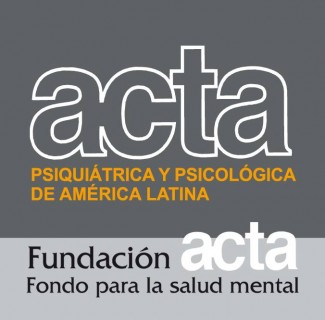The Prevalence and Context of Alcohol Use among Youth Living in Uganda
There is extensive research highlighting the negative short term and long term impact of alcohol use.
Although there is a vast amount of research investigating alcohol use among youth in high-income countries; there is a lack of research...





